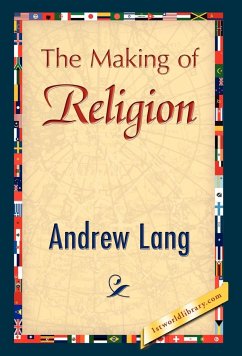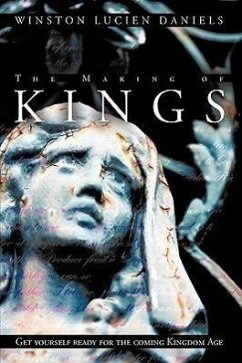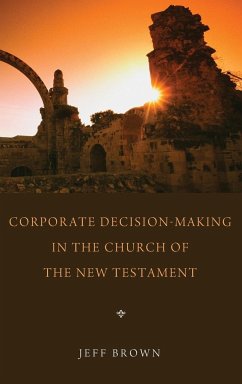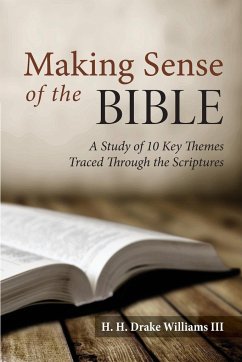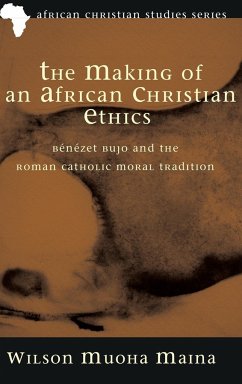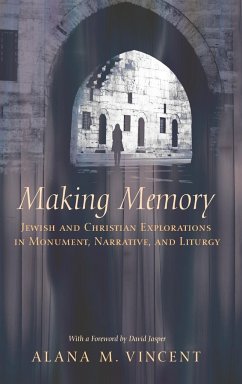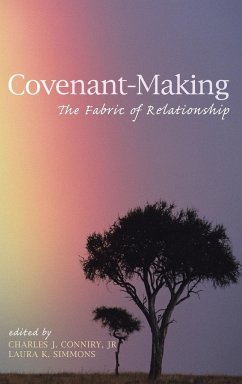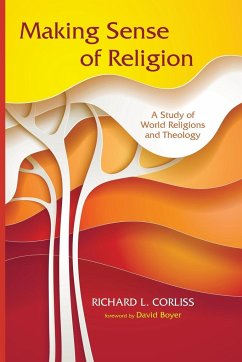It is not of my own will, nor for my own glory, that I, Norman Leslie, sometime of Pitcullo, and in religion called Brother Norman, of the Order of Benedictines, of Dunfermline, indite this book. But on my coming out of France, in the year of our Lord One thousand four hundred and fifty-nine, it was laid on me by my Superior, Richard, Abbot in Dunfermline, that I should abbreviate the Great Chronicle of Scotland, and continue the same down to our own time. {1} He bade me tell, moreover, all that I knew of the glorious Maid of France, called Jeanne la Pucelle, in whose company I was, from her beginning even till her end. Obedient, therefore, to my Superior, I wrote, in this our cell of Pluscarden, a Latin book containing the histories of times past, but when I came to tell of matters wherein, as Maro says, "pars magna fui," I grew weary of such rude, barbarous Latin as alone I am skilled to indite, for of the manner Ciceronian, as it is now practised by clerks of Italy, I am not master: my book, therefore, I left unfinished, breaking off in the middle of a sentence.

